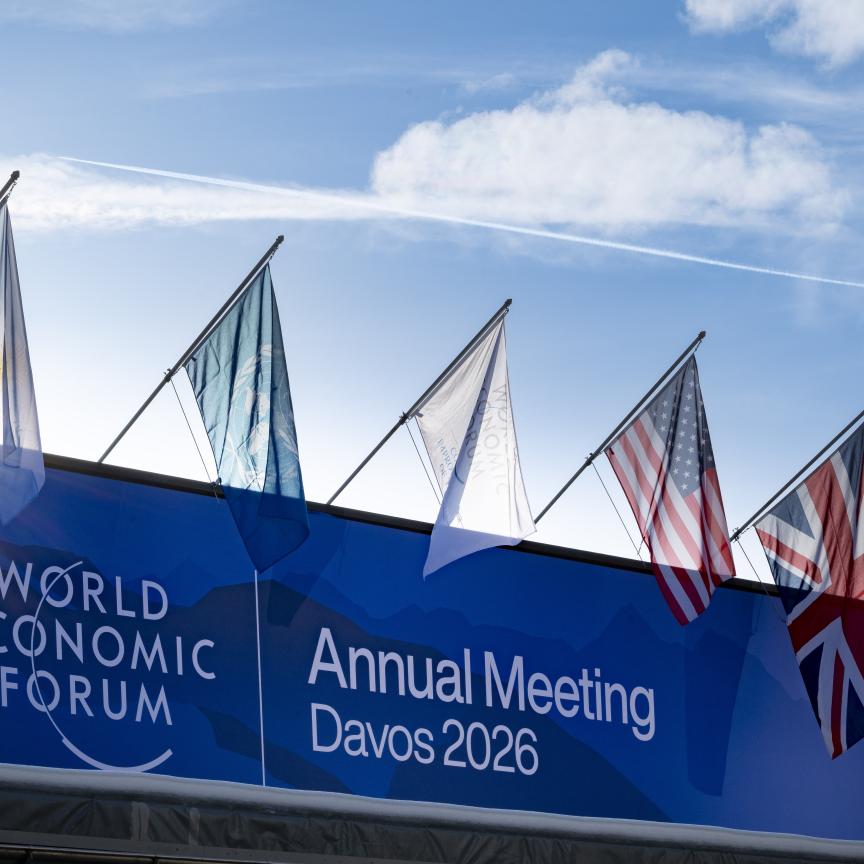Jessica Rowbury reports from a Photonics West panel, where possible implications of Brexit and the Trump administration were debated
Political uncertainty brought about by Brexit and the new Trump administration could make it harder to hire and move skilled people, executives have said during a panel session held at SPIE Photonics West.
The group discussion, which took place on 1 February in San Francisco, included senior members of German firms Trumpf and Schott, US companies II-VI Photonics and nLight, and Denmark-based NKT Photonics.
During the session, Basil Garabet, CEO of the Photonics Group at NKT, said that the fibre laser manufacturer is struggling to find talented people across its main sites in the UK (Southampton), Germany (Cologne) and Denmark (Copenhagen). ‘We’re recruiting in all of those places but… it’s becoming increasingly difficult to find the right people at the right time. Even trying to find software engineers in Germany for instance is a tough one that I didn’t think would be,’ he said.
‘When additional challenges are thrown your way [politically]… it doesn’t make things easier.’
Garabet pointed out that Britain’s exit from the European Union could pose a problem, especially in the case of a ‘hard’ Brexit, whereby the UK would leave the single market entirely and then have a relationship based – at least initially – on World Trade Organisation rules.
‘The Prime Minister, Theresa May has been pushing for a hard Brexit… If that’s the case then the red line will be with the free movement of people, which will affect the way we [NKT] operate at the moment,’ he commented. ‘We have engineers in Southampton that move freely to Denmark, and in the next month or so we will have three engineers relocating from Southampton to Denmark, and that’s an easy way of doing things.’
Garabet added that moving people without the luxury of free movement will take much more time and effort, which creates further challenges to a firm already struggling with the supply of talent.
NKT Photonics employs more than 240 people globally and recently strengthened its position in the United States by acquiring fibre laser producer Fianium last year. Garabet said that the company’s large sales force and manufacturing activities could be affected by uncertainty brought about by the new US administration.
The effects of Trump’s executive order banning visa holders whose country of origin is Syria, Iraq, Iran, Libya, Somalia, Sudan, or Yemen - currently suspended, but in effect at the time of Photonics West - was apparent at the photonics show, as conference speakers from Canadian and UK universities were refused entry into the country.
Berthold Schmidt, managing director at Trumpf, said that tighter immigration controls will affect both the running of its business and also the acquisition of talented people. ‘We have people in New Jersey allocated on our manufacturing line… We depend on having an open door in terms of borders to direct the people that we require for our operation in the US,’ he noted. ‘In terms of R&D, we have to open our doors to talented people and to attract a worldwide pool to our site in Princeton.’
Christoph Fark, executive VP of Schott’s Advanced Optics business unit, added: ‘We also have difficulties in finding the right people, with the right background and availability to work for us internationally. We have to acknowledge that the world has changed – it has not changed very much in the last 30 years, but recently it has changed dramatically.’


